Dec 7. 2022 - Latest News
On December 7, 2022, XU Yingqing, Director of the Future Laboratory of Tsinghua University, was a guest of the DS Lecture Series of SUSTech School (hereinafter referred to as the "School"), and gave a wonderful online lecture titled "Interdisciplinarity and Design Innovation", sharing his views on discipline crossover and the direction of exploration of design innovation in the Future Laboratory. He shared with the students and faculty of SUSTech his views on the intersection of disciplines and the direction of design innovation in Tsinghua University's Future Laboratory. The lecture was moderated by Prof. HE Renke, Executive Vice Dean of the School of Design.

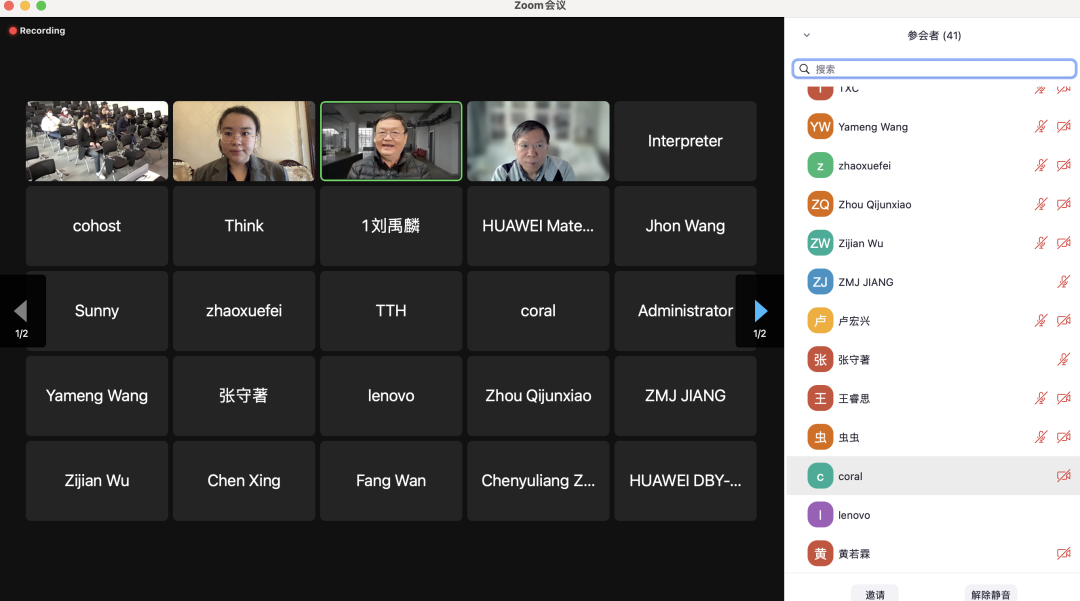
XU introduced the importance of discipline crossover. He said that designers should respond to the national call to do a good job of crossing disciplines and integrating knowledge from different directions. He further deepened the audience's recognition of discipline crossover from the perspective of his own mathematics and computer learning experience. He also took the example of the internationally renowned design crossover labs, Microsoft Research Asia and MIT Media Lab, and introduced the research direction of the two labs and the application of discipline crossover in the labs respectively.

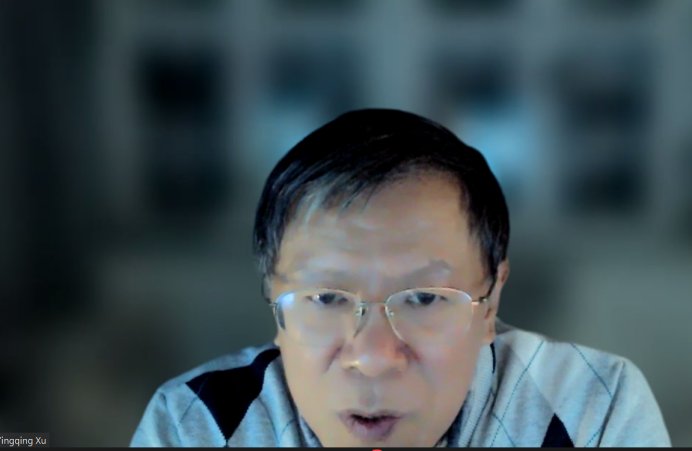
Afterwards, XU introduced the membership, research direction, and social contribution of the Future Lab. The Future Lab is a cross-disciplinary team that integrates design, art, science, and technology in depth. Currently, it has about 110 members, all of whom come from prestigious universities at home and abroad and from different professional backgrounds, implementing the concept of cross-disciplinary in depth. The laboratory is committed to creating a research atmosphere that strengthens the cross-disciplinary and in-depth integration of disciplines, and not only emphasizes the research work of students, but also focuses on cultivating students' interests and hobbies. He introduced in detail the main research directions of the lab, summarized the research results and their applications from the two research directions of olfaction and haptics, and proposed the next stage of work based on the existing research results.

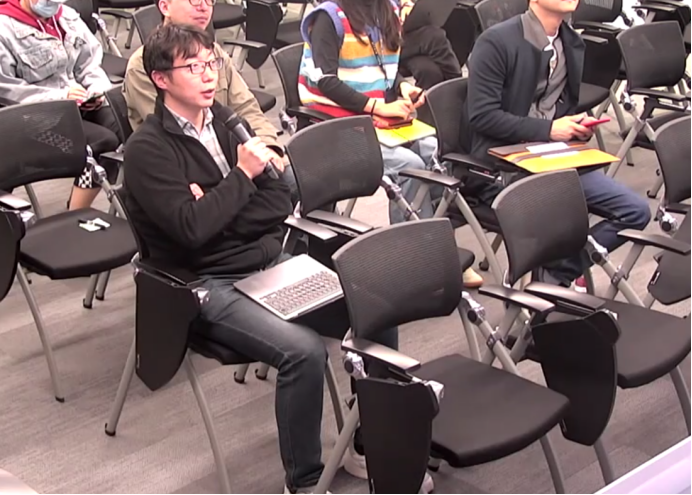
During the Q&A session, XU answered the audience's questions about brainwave formation portraits and the protection of privacy during experiments.
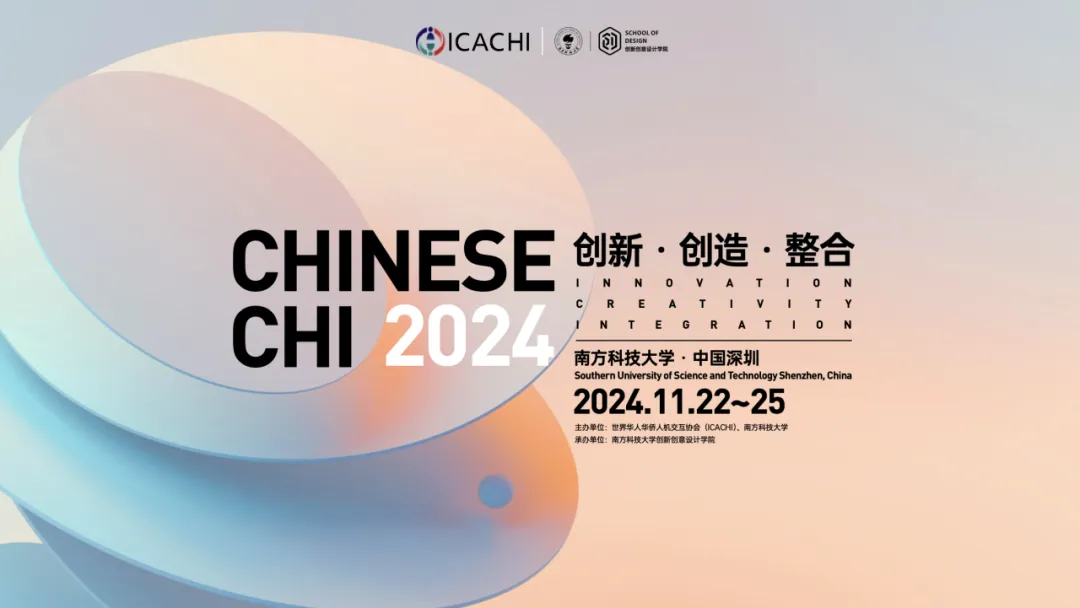
Nov 18. 2024 - Latest News
.png)
Oct 23. 2024 - Latest News
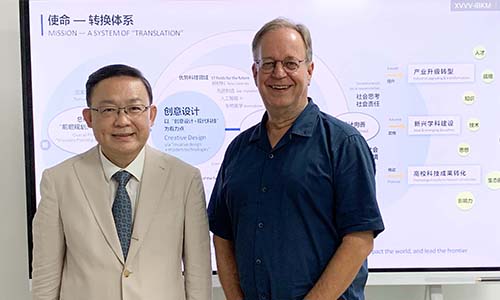
Sep 17. 2021 - Latest News